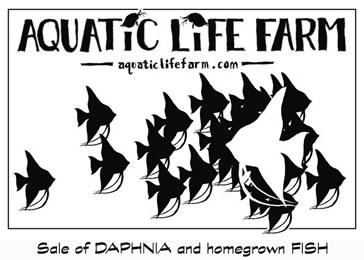Sonny Disposition
Active Member
When I went into the fish room, my big Aulonocara Stuartgranti "Chilumba," was rotating in circles. An hour later, he was on his back in a pvc tube. I took him out of the tank, and immediately did a 98 percent water change. This morning, the survivors all appeared well and happy (they ate), so I hope it was nothing contagious, like the spinning Aulonocara disease.
I'm not sure what happened. The tank looked clean, anyway, but I did fall behind on water changes, with all my weekend traveling. This is the cleanest tank I have, with big water sprite plants floating on the surface, and Pothos roots in the water.
Still, it had been a long time between water changes.
I'm not sure what happened. The tank looked clean, anyway, but I did fall behind on water changes, with all my weekend traveling. This is the cleanest tank I have, with big water sprite plants floating on the surface, and Pothos roots in the water.
Still, it had been a long time between water changes.


